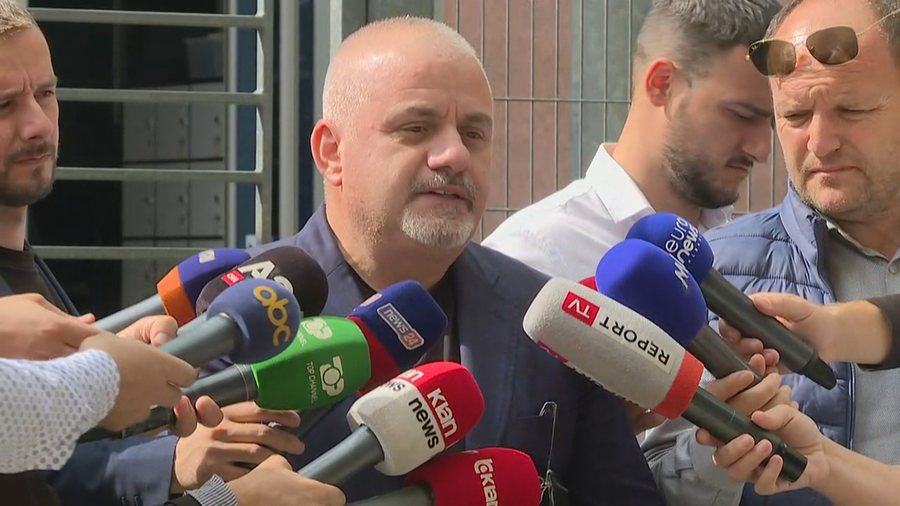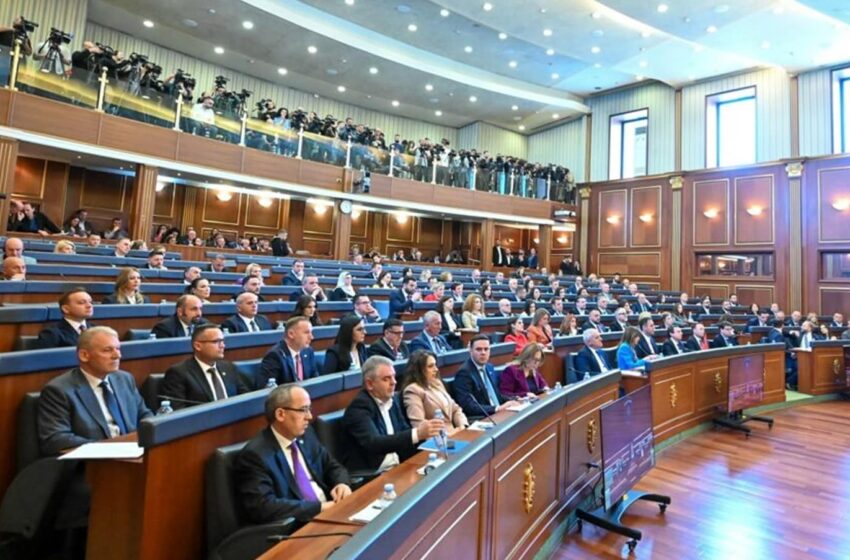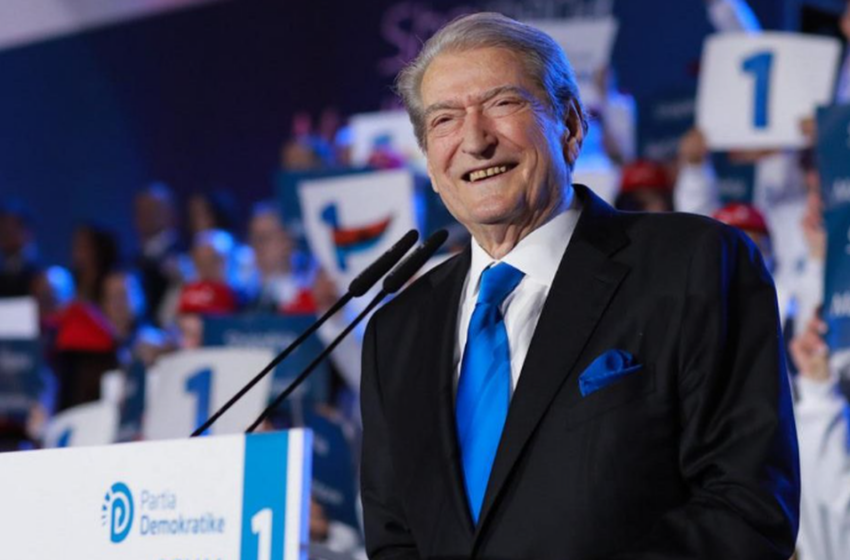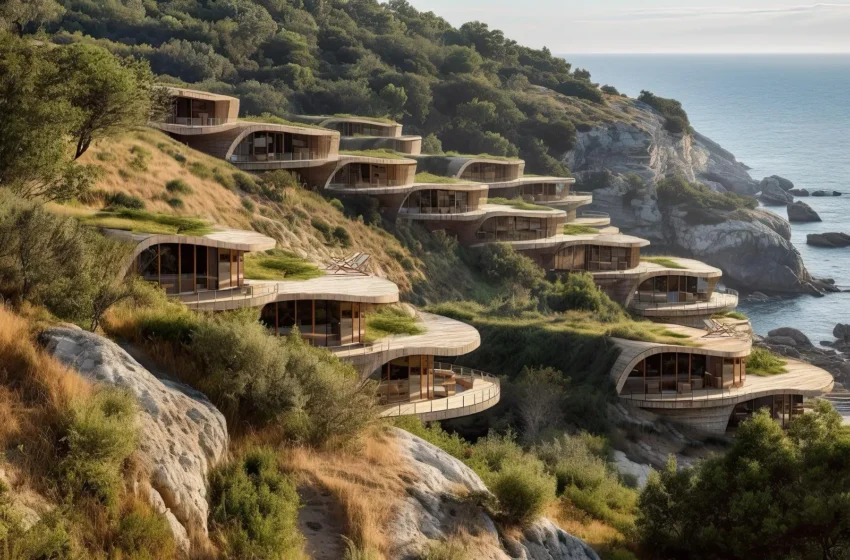Journalist submits key audio evidence on January 21 killings to SPAK

Photo: Artan Hoxha
Investigative journalist Artan Hoxha was called to the Special Prosecution Against Corruption and Organized Crime (SPAK) to provide critical evidence in the ongoing investigation of the January 21, 2011 protest. Hoxha spent nearly three hours at SPAK, where he submitted an audio recording capturing radio communication between members of the Guard of the Republic during the protest.
Why is this important: The January 21 protest, where four protesters were shot and killed by the Guard, remains a key moment in Albanian politics. Hoxha’s submission of the audio evidence is significant because it may clarify the chain of command responsible for the fatal shootings, challenging claims made by then-Prime Minister Sali Berisha that the killings were spontaneous and justified to prevent a coup d’état. Excerpts from the recording released to the media thus far seem to contradict the claims.
Background: The January 21 protests were organized in response to a video showing former President Ilir Meta, then-Deputy Prime Minister, discussing a €700,000 bribe. The video sparked outrage, leading to a mass demonstration with tens of thousands in front of the Prime Minister’s office. As tensions escalated, the Guard of the Republic opened fire on the crowd, killing four innocent protestors who were not even involved in the clashes with police.
Denials: Following the killings, the government initially denied any responsibility. Sali Berisha, the Prime Minister at the time, initially blamed opposition leaders for staging an attempted coup. He claimed that the protesters were killed by opposition agents using weapons disguised as pens and umbrellas, to incite violence against his government. This narrative was widely discredited when videos filmed by the media emerged that clearly showed protestors being shot by the Guard of the Republic. Ironically, it was the same journalist, Artan Hoxha who back then managed to film and broadcast footage of the shootings that revealed the truth.
Berisha himself initially accused the Socialist Party of organizing the killings itself in order to provoke a coup d’état against his government. Following the revelations, he shifted his narrative and declared that the protest had been an attempted coup and the Guard had the obligation to shoot. He notoriously stated that in resisting a coup 30 or 300 protestors could be killed.
Obstructions: Once the truth about the killings emerged there were intense efforts to obstruct the investigations. Investigations into the shootings faced major obstacles. Key evidence, including the server from the Prime Minister’s office security cameras, was erased the day after the protests. U.S. experts later confirmed that the footage had been deliberately deleted, fueling accusations that Berisha’s administration sought to cover up its role in the killings.
Efforts to investigate were further hindered when police were reportedly ordered not to enforce arrest warrants against commanders of the Guard of the Republic involved in the shootings. Despite arrest orders, such interventions delayed justice, and the initial trials of the guards involved resulted in minimal convictions
What they’re saying: Artan Hoxha stated that the audio he submitted sheds light on the orders issued to the Guard of the Republic during the protest. According to Hoxha, the recordings help trace who gave the orders to open fire and when. He also noted that the situation could have been far worse if the shooting had continued for even 30 more seconds: “A much greater massacre would have occurred.”
The recordings undermine Berisha’s claims that the shootings were spontaneous or that the protesters killed each other.
Current developments: The case was recently reopened by SPAK, following renewed calls for justice, particularly from the family of one of the victims, Aleks Nika. SPAK is investigating not only the chain of command but also the alleged tampering with evidence under Berisha’s administration. It is expected to analyze the audio recordings provided by Hoxha and use them to deepen its investigation into the January 21 killings. Hoxha expressed hope that the material will help solve the case: “If the truth doesn’t come out now, it will never come out.”


